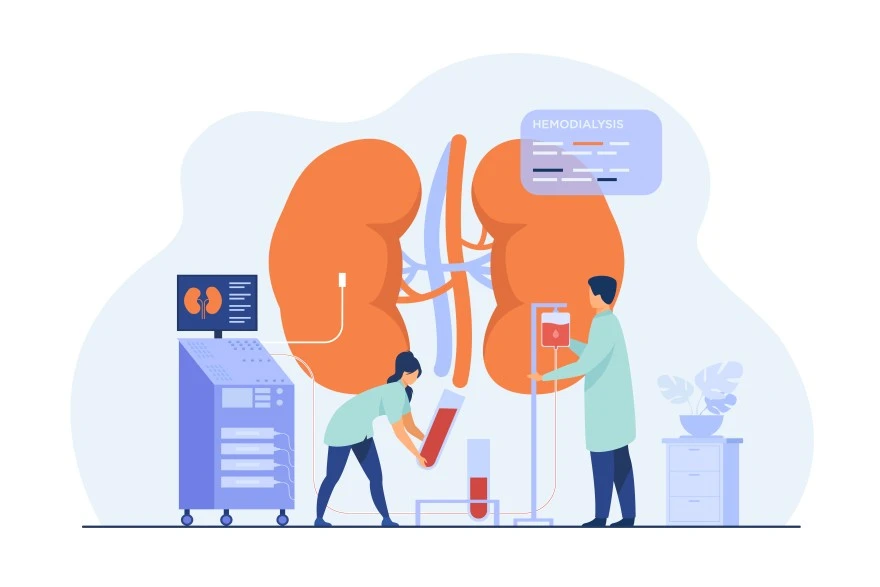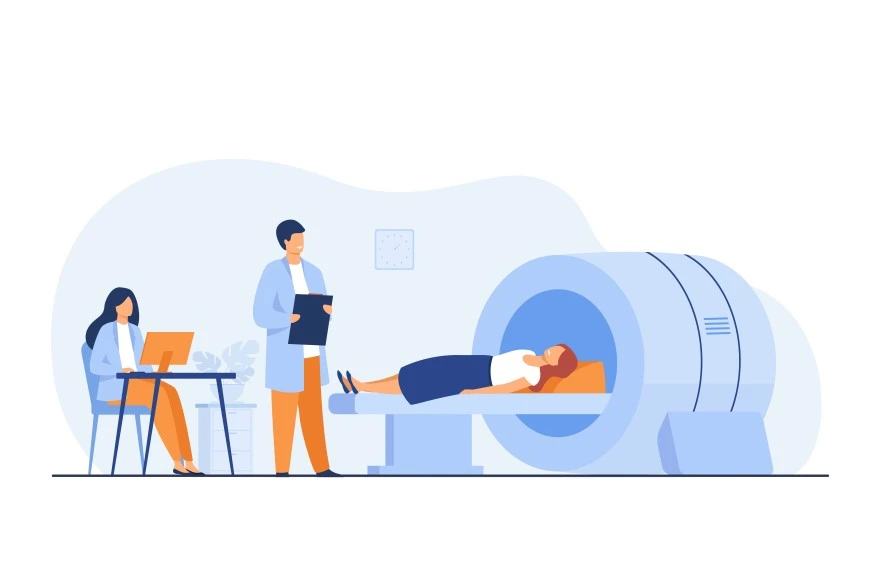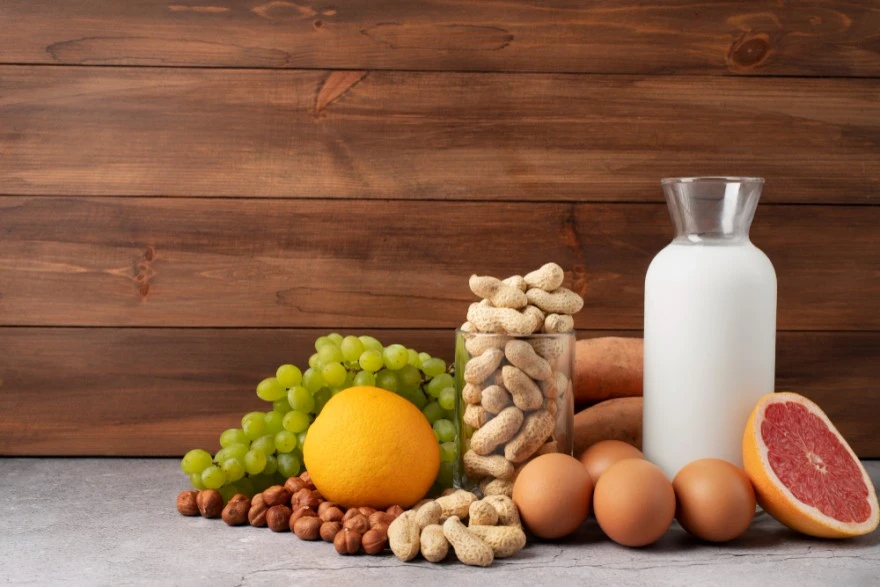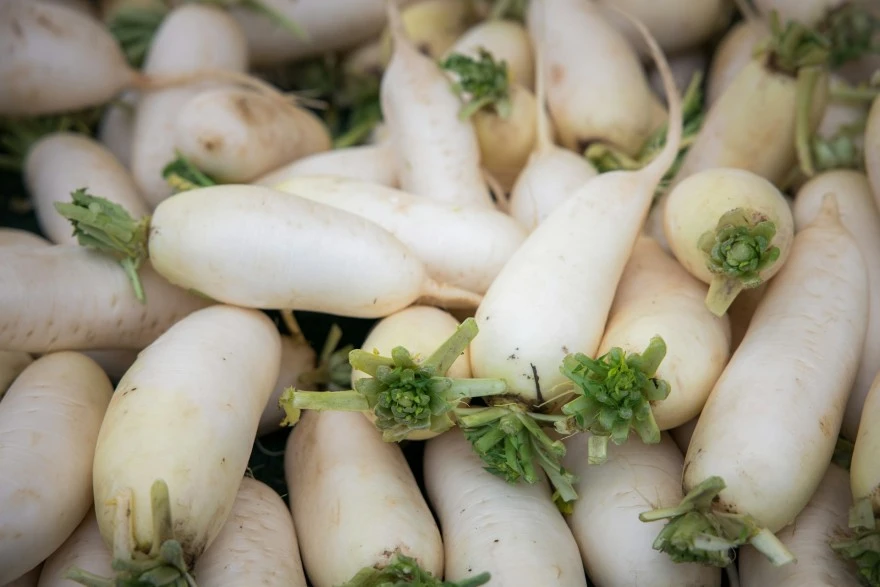Preventive Healthcare
Common Monsoon Illnesses and How to Prevent Them
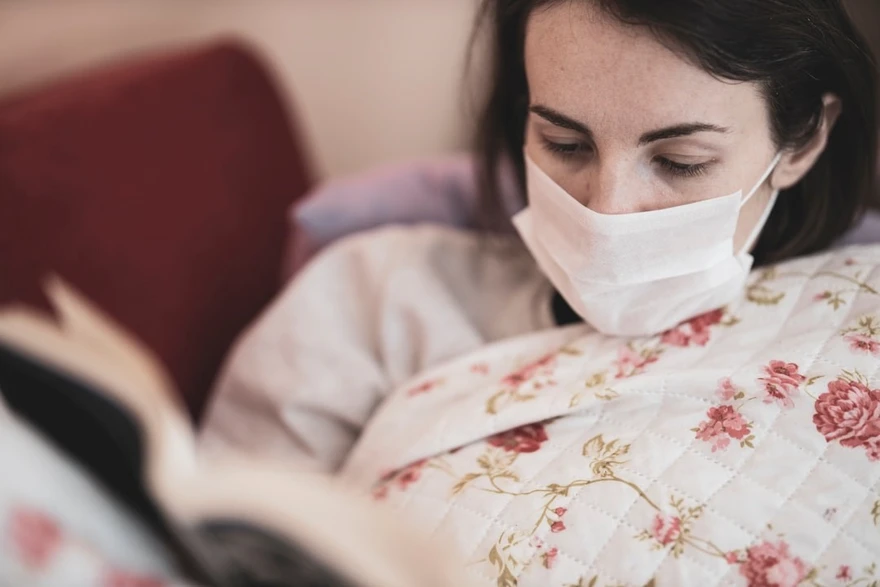
Table of Contents
Introduction
The monsoon season brings much-needed relief from the summer heat, but it also brings its own set of health challenges. Increased humidity and stagnant water provide a perfect breeding ground for various pathogens, leading to an increase in monsoon diseases. In order to maintain good health at this time, it is important to understand these rainy season diseases and know how to prevent them for maintaining good health during this time.
List Of Monsoon Diseases
Dengue
Dengue is a viral disease transmitted by the Aedes mosquito, which breeds in stagnant water. Dengue symptoms include high fever, severe headache, pain behind the eyes, joint and muscle pain, rash, and bleeding.
Chikungunya
Chikungunya is another viral disease transmitted by mosquitoes, which is characterized by high fever, severe joint pain, muscle pain, headache, fatigue and rash. The joint pain can be debilitating and last for weeks.
Malaria
Malaria is caused by the parasite Plasmodium, which is transmitted through the bite of an infected Anopheles mosquito. Symptoms include high fever, chills, sweating, headache, nausea and vomiting.
Typhoid
Typhoid is a bacterial infection spread through contaminated food and water. It is characterized by prolonged fever, weakness, abdominal pain, headache and loss of appetite. In severe cases, intestinal bleeding may occur.
Viral Fever
Viral fever is a common term for infections caused by various viruses. Symptoms include high fever, body aches, muscle aches, headache, fatigue, and sometimes a rash. These infections are typically self-limiting but can be uncomfortable.
Influenza
Influenza or Flu is a highly contagious respiratory disease caused by the influenza virus. Symptoms include fever, chills, cough, sore throat, runny or stuffy nose, body aches, headache, fatigue, sometimes vomiting and diarrhea.
Cholera
Cholera is a severe diarrhoeal infection caused by bacterium Vibrio cholerae. It is spread through contaminated water and food and causes severe dehydration, which can be fatal if not treated immediately.
Jaundice
Jaundice is a condition characterised by a yellowing of the skin and eyes due to high levels of bilirubin in the blood. It can be caused by various factors, including liver infections such as hepatitis.
Hepatitis A & E
Hepatitis A and E are viral liver infections spread by contaminated food and water. Symptoms include jaundice, fatigue, abdominal pain, loss of appetite and nausea. Hepatitis E is particularly dangerous for pregnant women.
Cold and Flu
Cold and flu are common during monsoons due to fluctuations in temperature and humidity. It's symptoms include runny or stuffy nose, sore throat, cough, body aches, headache and fever.
Leptospirosis
Leptospirosis is a bacterial infection spread by contact with water contaminated with the urine of infected animals. It can cause high fever, headache, chills, muscle aches, vomiting, jaundice and red eyes.
Stomach Flu
Stomach flu, or viral gastroenteritis, is an intestinal infection characterized by watery diarrhea, abdominal pain, nausea and vomiting, and sometimes fever. It is spread through contaminated food or water.
Prevention tips to protect yourself from various monsoon diseases
The combination of stagnant water, increased humidity, and the proliferation of insects creates an ideal breeding ground for various monsoon diseases. Here are some effective prevention tips to safeguard yourself from these rainy season diseases.
Maintain Personal Hygiene
Maintaining personal hygiene is of utmost important during the monsoon to prevent diseases like flu, cold, and respiratory infections. Wash your hands often with soap and water more often, especially after the contact with rainwater. Keep your nails trimmed and avoid touching your face with unclean hands.
Drink Clean and Safe Water
Waterborne diseases like cholera, typhoid, and gastroenteritis are common during the rainy season. Ensure that you drink only purified or boiled water. If you rely on tap water, using water purifiers can help in monsoon diseases prevention. Avoid consuming water from unreliable sources, such as roadside vendors.
Eat Fresh and Home-Cooked Food
During the rainy season, food can spoil due to high humidity levels. To prevent foodborne diseases such as diarrhoea and food poisoning, eat fresh, well-cooked meals. Avoid street food and wash fruits and vegetables thoroughly before eating them.
Use Mosquito Repellents
Diseases like dengue, malaria, and chikungunya are transmitted by mosquitoes, which breeds in stagnant water. Use mosquito repellents, nets, and wear long-sleeved clothing to minimize mosquito bites. Containers which can collect such as water flower pots and buckets, needs to be kept clean to reduce mosquito breeding sites.
Keep Your Surroundings Clean
Maintaining a clean environment is important in the prevention of monsoon diseases. Ensure that your surroundings are free of stagnant water, as it can become a breeding ground for mosquitoes. Dispose of garbage properly and ensure that drains and gutters are not clogged to prevent water accumulation.
Protect Yourself from the Rain
Getting drenched in rain can cause infections and illnesses such as the common cold, flu, and fungal infections. Carry an umbrella or wear a raincoat to protect yourself. If you get wet, change out of wet clothes immediately and dry yourself thoroughly to prevent fungal infections.
Boost Your Immunity
A strong immune system is vital for fighting off rainy season diseases. Include immune-boosting foods in your diet, such as fruits rich in vitamin C, vegetables, and probiotics like yogurt. Staying hydrated and getting an adequate amount of sleep can also contribute to a healthy immune system.
Vaccinations and Medical Advice
Consult your doctor about vaccinations that can protect you from certain monsoon diseases. Follow medical advice, especially if you have an underlying health condition that could make you more susceptible to infections during the rainy season.
By following these prevention tips, you can enjoy the monsoon season while staying safe and healthy. Awareness and proactive measures is key to keeping monsoon diseases at bay.
Conclusion
Rainy season diseases and prevention should be the highest priority during the monsoon. Maintaining cleanliness and practical hygiene can help in reducing the risk of these monsoon diseases. Most importantly, if you experience any of the above symptoms, be sure to consult your doctor.
For accurate diagnosis and effective treatment, it is important to get tested at a reliable diagnostic lab like Metropolis Labs. They offer at-home sample collection for a multitude of tests that help detect these monsoon diseases. Their experienced team and advanced labs ensure that you receive accurate results, enabling you to take timely action for your health. Remember, prevention is always better than cure, so let's stay safe this monsoon!








